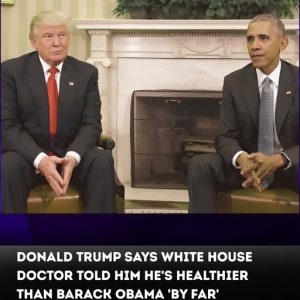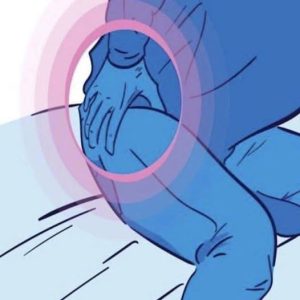Kentucky State Senator Robin Webb has officially switched her party affiliation from Democrat to Republican. Webb, a mother, rancher, and lawyer from the state’s coal country, cited her disagreement with the Democratic Party’s leftward shift and policies she believes hurt the workforce and economic development in her region. “I didn’t leave the party — the party left me,” she said, emphasizing that staying a Democrat was no longer tenable or in the best interests of her constituents. The move represents a blow to Democrats in Kentucky, particularly in rural areas historically aligned with the party due to union ties and the coal industry. The Republican Party welcomed Webb’s switch, with state GOP Chairman Robert Benvenuti praising her thoughtful, commonsense approach and alignment with Kentuckians’ priorities. Meanwhile, the Kentucky Democratic Party criticized her choice, asserting that Webb is joining a party that they say threatens healthcare, rural hospitals, food security, and public education in the state.
Webb’s party change comes amid a nearly 40-day federal government shutdown. Congressional Democrats have called for bipartisan negotiations to reopen the government, sending a letter to President Trump demanding a meeting to address what they term the “Republican healthcare crisis.” Most Senate Democrats have voted multiple times against the GOP-led spending bill aimed at reopening federal operations. Reports suggest a potential deal is beginning to take shape, featuring a “three-legged” plan: a Senate vote on Affordable Care Act tax credits, a short-term continuing resolution to allow more time for a full-year budget, and separate votes to fund military construction, the legislative branch, and agriculture programs.
Senate Majority Leader John Thune indicated progress but noted disagreement remains over the length of the continuing resolution. If the Senate passes a funding measure, the House will need to return to session to approve it, extending the funding deadline. Webb’s switch and the ongoing federal shutdown underscore political tensions at both state and national levels, highlighting ideological divides, policy disagreements, and the complexities of legislative compromise.





